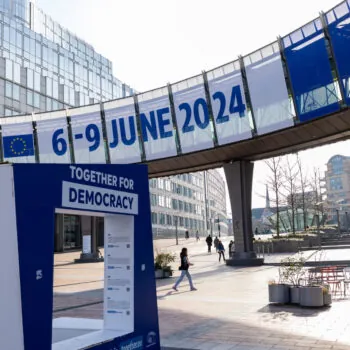For nearly sixty years, the European Union has been a symbol of an increasingly interconnected world.
The political upheavals that occurred in 2016 have been interpreted by many as a rebuff to globalisation, however it remains the case that the global challenges that will dominate the 21st Century, from terrorism to climate change, and mass migration to cyber security, can only be overcome with strong international cooperation.
Brexit has brought such cooperation between the EU and UK into question and the EU27’s appetite for continued cooperation with the UK is unclear.
There is currently a danger that the EU27 underestimate the geopolitical and economic risks of the UK chaotically crashing out of the EU.
Many issues in the negotiations over the UK’s exit from, and future relationship with, the EU are likely to be perceived as zero-sum-games, however, climate change and energy are areas where there is already an alignment of interests between the EU and the UK and where rapid progress towards an agreement could be made.
Developing a specific process that focusses on areas of potential cooperation, in parallel to any discussions on trade, has the potential to catalyse progress on trade by setting a cooperative negotiation tone and opening the way for more creative negotiating solutions.
However, any such cooperative process can only be realised if the Commission negotiators are given a specific mandate to develop it in parallel to negotiations on trade.
As such, it is imperative that potential areas of cooperation, such as clean energy and climate change, are identified and a specific process for discussing them is included in any updates to the Commission’s negotiation mandate.


